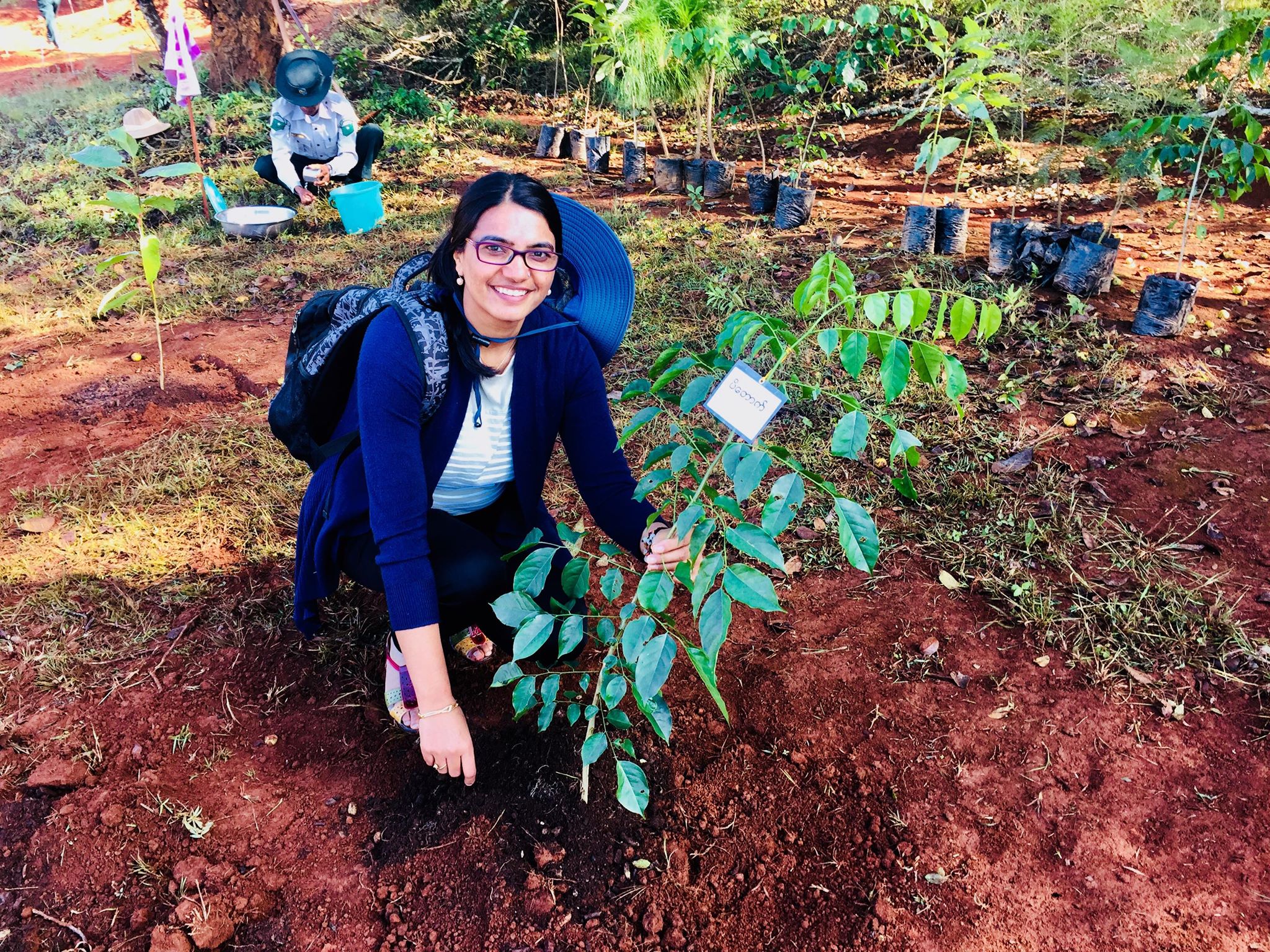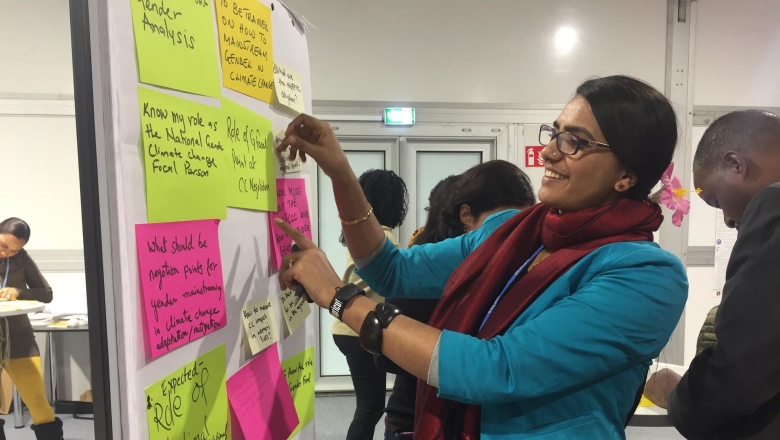When Radha Wagle was a young forest ranger in Eastern region of Nepal, she became aware of a stark paradox in the land use sector. With the significant amount of time women spent gathering fuelwood for energy use, fodder for livestock, medicinal plants and herbs, she saw the essential role women play in agriculture, livelihoods and natural resources management.
Yet, she also observed—and experienced herself—how women were marginalized time and time again in this male-dominated field.
“Some clients would request a male ranger for the service they sought, such as making a forest management plan, providing technical support or writing a letter. Even if I told them that I could do it, they would deny it and wait for a male ranger to become available,” Wagle recalls.
If this was happening in this region, Wagle became convinced it was happening across the country, and she was determined to do something about it. In 2015, she became the first woman Joint-Secretary at the Ministry of Forests and Environment in Nepal. In this role, she is focusing her efforts on increasing the engagement of Nepalese women in forest management.
It’s a challenging task in a country where less than 20% of women own land, and many (especially those from poor and marginalized groups) lack strong roles in decision-making in their households and communities. She is leading a consultation process with communities to address forest-related issues that affect women, indigenous peoples, socially-stigmatized lower castes, and the poor.
“These groups know forests better than anyone. If we are serious about preserving and sustainably managing land resources to help mitigate and adapt to climate change, they need to be engaged every step of the way,” says Wagle.
Driven by her personal experiences with discrimination as a forest ranger, Wagle is also developing a ‘gender code of conduct’ to protect women foresters against sexual harassment, exclusion and bullying. The code of conduct is currently being elaborated through an extensive consultation process, involving multiple district, regional and national-level workshops. Ultimately, Wagle aims to use the finalized document to help sensitize ministerial staff and senior management, prior to launching the code of conduct at the district and local levels.




